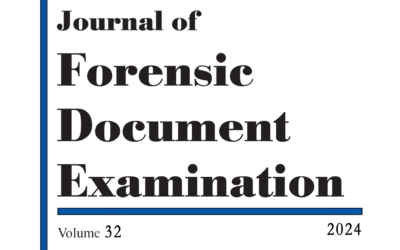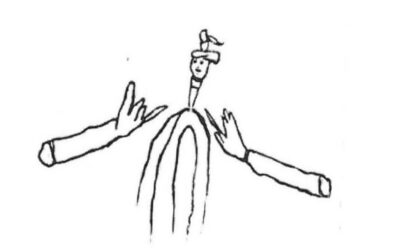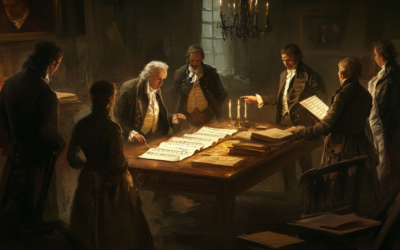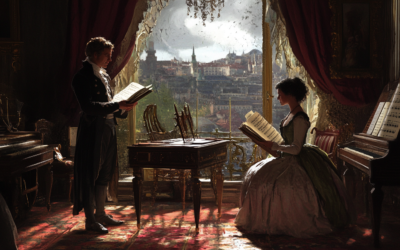Wolfgang Amadé Mozart
The Myth of Mozart's Childhood: Unmasking the Illusion
Mozart’s childhood is often romanticised, but behind the myth lies a more complex reality. This post explores the hidden dynamics within his family, questioning the traditional narrative of Mozart’s early years and shedding light on the forgotten role of his sister, Nannerl.
Mozart: The Fall of the Gods
This book offers a fresh and critical look at the life of Wolfgang Amadeus Mozart, challenging the myths that have surrounded him for centuries. We strip away the romanticised image of the “natural genius” and delve into the contradictions within Mozart’s extensive biographies. Backed by nearly 2,000 meticulously sourced citations, this work invites readers to explore a deeper, more complex understanding of Mozart. Perfect for those who wish to question the traditional narrative, this biography is a must-read for serious music lovers and historians.
“Mozart began to beat the keys on the harpsichord at three, play short pieces at four, and improvise Minuets at five. His father or sister copied the music that he was not yet able to compose. It is impossible to distinguish what actually came from his invention.”
Mozart: The Fall of the Gods
Mozart’s childhood is often shrouded in romanticised tales of prodigious talent and divine inspiration. Yet, when we look beyond the myths, a different picture begins to emerge—one that highlights contradictions and unspoken realities.
Born into a family where his father, Leopold, was a frustrated and unsuccessful composer, and his mother, Anna Maria, was of “Dinaric race” (as described by German nationalists), Wolfgang’s early years were shaped not by innate genius but by relentless familial expectations. Leopold’s ambition for fame found its outlet in his children, especially Wolfgang and his older sister Nannerl, who was also a talented musician, though her story has been largely overlooked.
Despite Nannerl’s early musical prowess, her contributions have faded into obscurity. Was she overshadowed by her younger brother, or simply a victim of the limitations placed on women in 18th-century society? Wolfgang himself once marvelled at one of her compositions, praising her talent, yet no trace of her work remains today. The focus on Mozart’s child prodigy image disregards the roles of those around him, particularly Nannerl, who may have played a significant part in shaping his development.
Mozart’s so-called “miraculous” early musical abilities were often exaggerated by biographers seeking to reinforce the myth of his genius. His father, keen to promote Wolfgang, carefully curated this image, often with the help of Nannerl, who would copy music that the young Mozart had yet to master. What remains unclear is how much of his early work was truly his own creation, and how much was a product of family collaboration.
You May Also Like
Unveiling the Truth Behind Mozart’s Thematic Catalogue
Anna Trombetta, Professor Martin W. B. Jarvis from Charles Darwin University, and Luca Bianchini, have published a peer-reviewed article titled Unveiling a New Sophisticated Ink Analysis Technique, and Digital Image Processing: A Forensic Examination of Mozart’s Thematic Catalogue. This research, which underwent an extensive double-blind peer review, has appeared in a journal that serves as a global reference point for forensic document examiners and court specialists.
Unveiling the Truth Behind the Drawing
H. S. Brockmeyer’s latest research unravels the mystery behind a July 5, 1791, letter from Mozart to his wife. This remarkable investigation uncovers the original, unembellished drawing Mozart included—vastly different from the altered version widely reproduced in collections today. The discovery raises significant questions about historical accuracy and the intentional shaping of Mozart’s legacy.
The Deceptive Nature of Mozart’s Catalogue
The Thematic Catalogue traditionally credited to Mozart is fraught with inaccuracies, suggesting that many of his famous works might not be his at all. This prompts a necessary reevaluation of Mozart’s legacy and the authenticity of his compositions.
The Mozart Myth Unveiled: A Deeper Look
Mozart’s legacy is far from the untarnished narrative of genius that history would have us believe. The web of deceit woven around his name by those closest to him, including his own widow, reveals a much darker story.
The Other Side of Mozart’s Legacy
Explore the untold story of Mozart, where myth and reality collide. Our critical examination of his life and works reveals a legacy shaped by profit, myth-making, and misattribution. Join us in uncovering the truth behind the man and his music.
The Deception Surrounding Mozart’s Legacy
Anton Eberl’s confrontation with Constanze in 1798 exposed a web of deceit surrounding Mozart’s legacy, revealing that several of his compositions were falsely attributed to the late composer. This chapter uncovers the ethical dilemmas and controversies that have marred the posthumous reputation of one of history’s most celebrated musicians.







